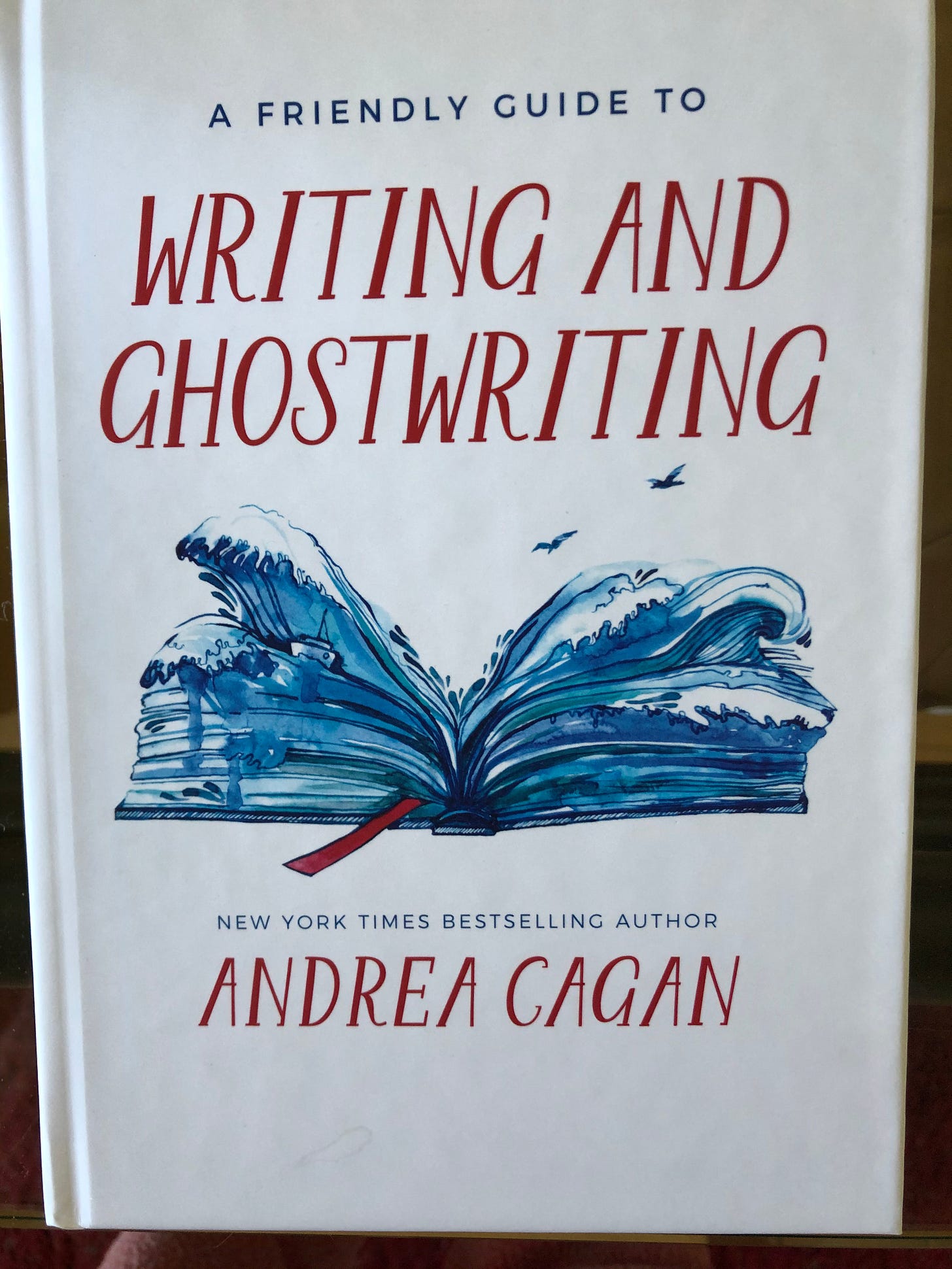More on Editing Magic: Excerpt From My Book: A Friendly Guide to Writing and Ghostwriting
In order to perform a successful edit, you will need to use both ruthlessness and restraint. If a particular word or phrase stuck in your craw in the first draft, you may have ignored it but it will come flying out at you in the rewrites. You have to get rid of what doesn't work and this is where ruthlessness comes into play. The cleaner you make the text, the more an erroneous word or a non-rhythmic phrase will show up like a brown dirt stain on a stark white wall. Just like an athlete has to make significant decisions in a split second that changes a previously planned method of execution, a writer needs to wield the editing pen ruthlessly to recognize and delete unnecessary text without judgment. It helps to remember that you are not alone. The most celebrated writers in the world are doing the same exact process that you’re doing.
Author Raymond Chandler said, “Throw up into your typewriter every morning. Clean up every noon.”
As hard as you may try to reword something, there are times when the only solution is to kill off the parts of your writing that don’t work. Author Sir Arthur Quiller-Couch suggest that you avoid being “precious” self-indulgent or attached to your work. Some of the text may sound good on its own but doesn't belong there.
Murder your darlings. If you here require a practical rule of me, I will present you with this: Whenever you feel an impulse to perpetrate a piece of exceptionally fine writing, obey it—whole-heartedly—and delete it before sending your manuscript to press. Murder your darlings.
While you’re committing murder on your work, however, it’s important to be mindful of over-editing which can be as disastrous to the finished product as refusing to change a single word. This is where restraint comes into play.
If you're not sure if something needs killing, leave it in place until you can determine if it’s expendable. Is it adding value to your work or draining the life out of it until it reads like a textbook? Your sentences may be grammatically accurate, the spelling may be correct, and the punctuation may be spot on, but what good is any of that if the energy is sapped from your writing? You have to make sure that your edits are not removing the heart and soul of your story and making it lackluster. I'd rather see messy wording and underdeveloped ideas than perfect sentences that are dull and predictable.
When you become overly attached to a sentence, phrase, adjective, adverb, or anything else, you're acting like a hoarder and you need to be strict with yourself so you can break a bad habit. If you refuse to search through your manuscript with an eagle eye and let go of superfluous text, the book will suffer. And so will you.
A woman once contacted me to edit her manuscript. I told her to send me the first twenty pages so I could get a feel for her writing and see if I was the right person for the job. She ignored my direction and sent me hundreds of disconnected pages with no chapters, page numbers, paragraphs or delineations between thoughts. She included a note that said, “I haven’t read this over. I didn't edit it at all. I wrote it fast and I have no idea what's in there. Please make it all work.”
Needless to say, I declined the job.
In another example, a woman hired me to edit her work because her publisher said the manuscript was too dry. They needed it to be more juicy and accessible. In my work, when I need to do an edit on anything, I try to be as true the original wording as possible. I did my best and I submitted it to her. I didn’t expect her to like everything that I did, but it was unquestionably more alive and interested. The problem was that she deleted every edit I made and went back to her original work. This was one of the jobs that I walked away from. She was so attached to what she had initially written, there was no way I could help her.
When I finished an edit for someone else and sent it back to her, she tacked words and phrases onto the end of sentences that I’d meticulously structured with seamless pacing and rhythm. She also deleted entire phrases for seemingly no reason. She was an award winning musician and I’d expected her to be keenly aware of rhythm and pacing, but her expertise in music didn't translate to the written word. I had to go back to my original timing and wording and find a place for her additions and subtractions that wouldn’t stop the flow.
Just remember that it’s important not to be hasty when you edit. Don't throw away edited material. Save it in a file in case you want to use it later. I keep a copy of the portions that I cut and I can access the exact wording of my original version in case I want to bring it back. It’s like having your cake and eating it later.




